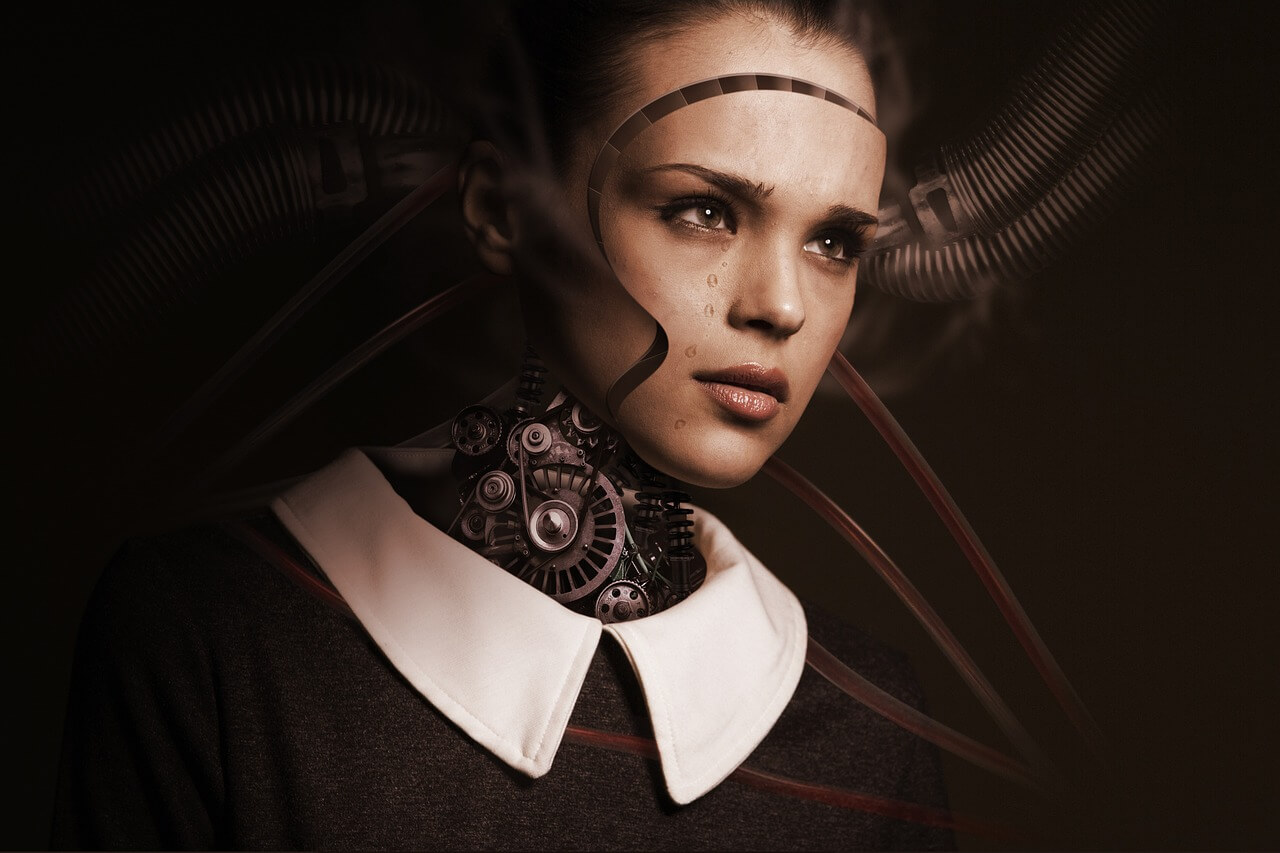Future Artificial Intelligence
September 23, 2023

The Present Scenario
The world of technology is forever evolving and perhaps nothing is evolving as quickly and dramatically as artificial intelligence (AI). It’s clear that AI is a trend that’s going to dominate the tech world for many years to come. But what exactly is going to happen in the future? We can only speculate, but there are some predictions that are already making headlines.
To place things in perspective, remember that the future of AI is a rapidly changing landscape. The present innovations in the field of artificial intelligence are accelerating at such an incredible pace that it's challenging to keep up. Perhaps discarding every notion of what artificial intelligence is today, you should embark on a voyage to the AI of tomorrow. The AI journey is far from its apex but things are moving fast, and it's not only the seismic shifts which are important but also the little nuances, details, and perspectives that add up to create the big picture.
The present-day status of AI speaks volumes about its potential. It is already the main driver of emerging technologies like big data, robotics, and IoT and continues to spearhead technological development. With AI, a lot of unimaginable outcomes have become possible. Systems have evolved enough to defeat human beings in the complex game of Go, weave exciting stories, answer complex questions, and recognize tens of thousands of images from a single category.
Roughly 44 percent of companies are looking to invest majorly in AI and integrate it with their daily operations. AI patents are seeing a sharp rise, reflecting the intensity of research and development activities in this field. In 2021 itself, IBM registered 2,300 AI-related patents out of a total of 9,130.
Moreover, it’s interesting to note that the AI revolution isn't restricted to specific sectors. From healthcare to finance, from manufacturing to transportation, AI's array of applications is as diverse as it can get. With AI investment reaching $93.5 billion in 2021, it’s no exaggeration to say that artificial intelligence is slowly embedding itself into the fabric of our everyday lives.
The Road Ahead
To delve into the future of AI, we must first understand that the power and reach of AI lie primarily in machine learning – a subset of AI that is advancing rapidly with growing data availability and sophistication of algorithms. At the core of machine learning are neural networks, the internal engine of all AI technologies. These neural networks, along with increasing computational resources, have made head-turning AI tools and innovations possible.
However, the current trend of larger neural networks will likely continue, requiring additional functionality. This means that in the near future, we might encounter AI systems mimicking the human brain. Artificial neural networks will evolve to become more complex and perhaps even more efficient, mirroring intricate human brain structures like the neocortex, hippocampus, cerebellum, and more.
Just like the human brain, which functions thanks to the different roles various parts play, AI systems might also incorporate different types of neural networks performing specific functions. The future of AI thus might see it gaining abilities to process sensory information as well as spatial navigation and the creation of long-term memories.
These advances will witness AI not only matching but in some cases, exceeding human intelligence and abilities. They will be capable of complex decision-making, reasoning, learning, sophisticated analytics, pattern recognition, and much more. One promising development we may observe in the near future is the rise of artificial general intelligence (AGI), marking the attainment of the holy grail of artificial intelligence.
Societal Impacts
AI is expected to yield far-reaching societal changes. The tempo of engagements with large institutions is expected to see a significant increase as these organizations implement AI. We can predict that AI-development in the next five years will likely make the legal complexity of business grow. The implementation of new AI laws will also likely feature prominently in this evolving landscape.
Within the next five years, AI-powered solutions are expected to be implemented in diverse fields such as speech and image recognition, space exploration, healthcare, and robotics. AI will also disrupt how humans occupy their time, making us more efficient and productive. To make the most of what AI offers, it is crucial that we continually train and upskill employees to match up with the advancements of the future.
One of the critical societal challenges that AI will pose in the future is the risk to privacy. AI systems of the future will likely be so advanced that they’ll have more information about us than we possess ourselves. This escalating AI capability might lead to ethical concerns and challenges that societies globally will need to confront.
Conclusion
The future of AI looks promising and holds unprecedented opportunities hitherto unimaginable. While we tread on the path of extreme sophistication brought in by the AI evolution, it's important not to lose sight of the ethical debates and challenges that might ensue. While we train machines to become more like humans, we need to ensure that we remain in control and use AI as a tool for progress and not as a replacement for human intelligence.
One thing is certain; the AI revolution is here to stay, and it will undoubtedly have a profound impact on the world as we know it. Over time, AI has the potential to change the fabric of society, influencing everything from the way we interact with each other to our work environments, economy, and beyond.
In the end, it falls upon us to navigate the path and embrace AI's full potential while mitigating its risks. It's an exciting journey to undertake, and the horizons are endless. We are at the brink of a technological era that's not only going to transform our professional lives but will also influence the way we live, think, and perceive our surroundings. Embracing AI's future is comprehending the promise of a brave new world, a world where anything seems possible.